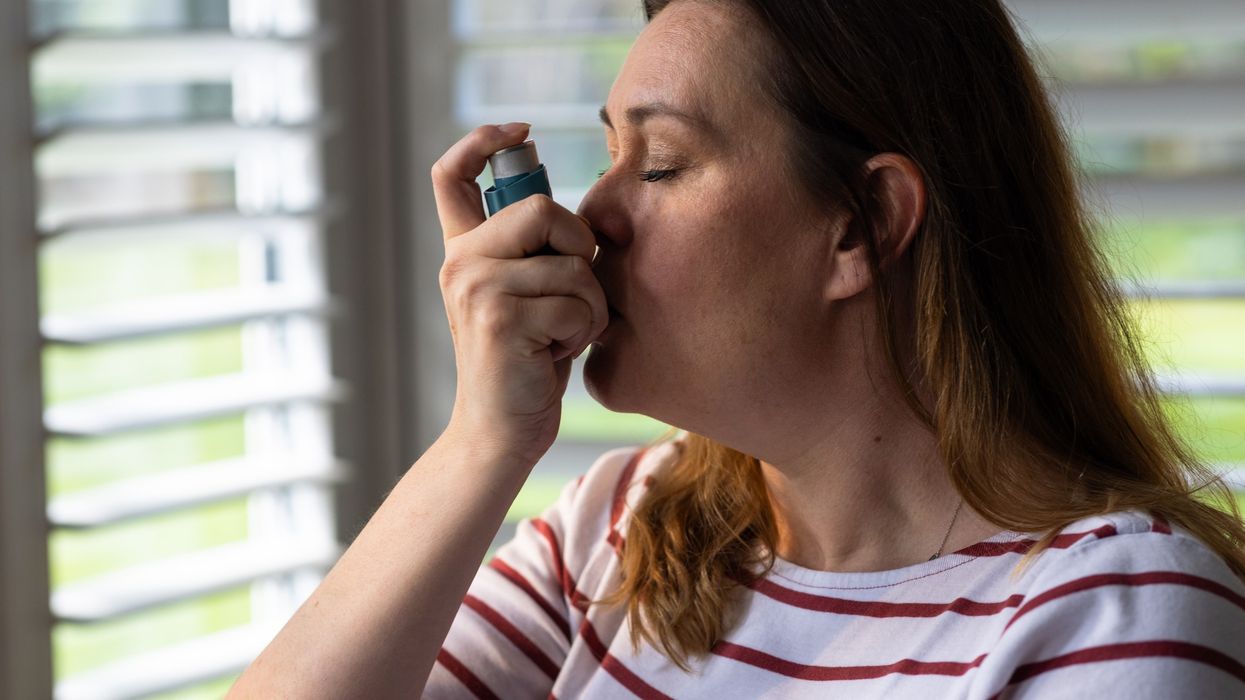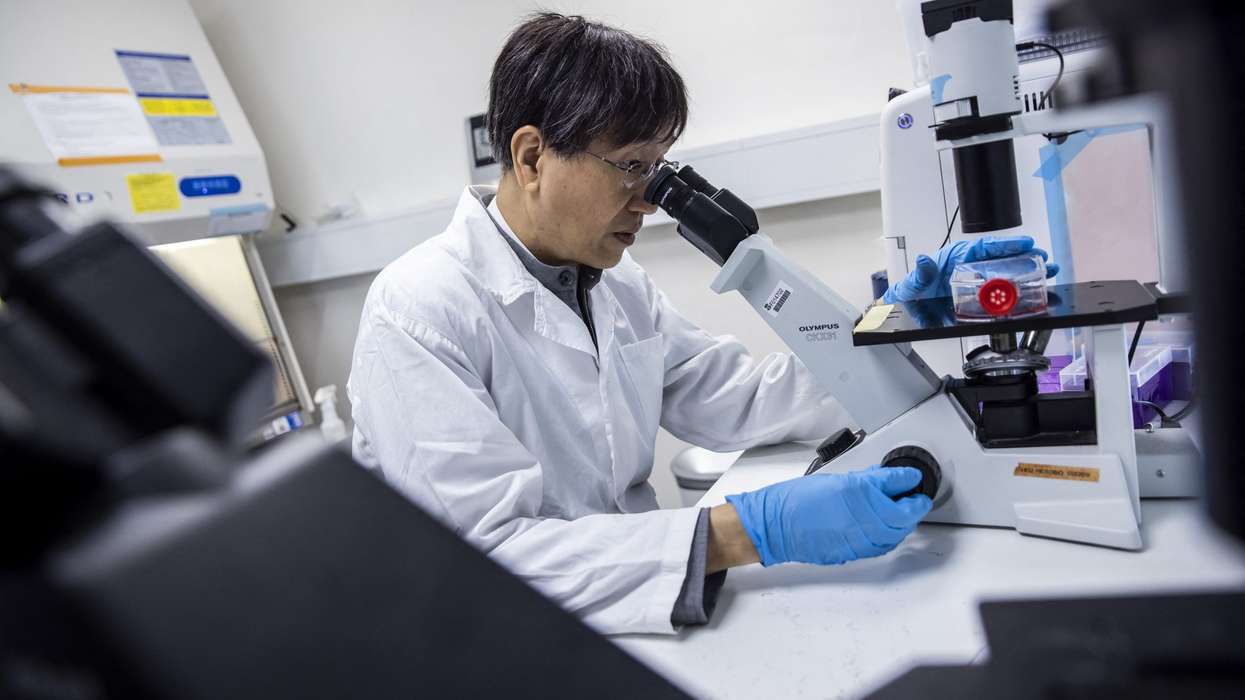Community Pharmacy England has joined forces with the Taskforce for Lung Health to call for pharmacies to be given a bigger role in supporting lung health to improve respiratory health outcomes, enhance access to care, and ease winter pressures on the NHS.
The new joint action plan by the two organisations aims to prevent a future winter respiratory health crisis by investing in and expanding community pharmacy services to include annual asthma reviews, smoking cessation services and pneumococcal vaccinations.
CPE said these measures are in line with its Vision for Community Pharmacy and are being proposed to be part of the government's 10-year health plan for the NHS.
A YouGov poll released on 20 May found that four out of five people across England favour these policy proposals.
Lung diseases are the leading cause for emergency admissions, and last winter many parts of the NHS were overwhelmed by a rise in flu admissions and exceptionally high demands for emergency hospital services.
The new poll has confirmed that, last winter, community pharmacies were the most accessible healthcare location for members of the public, when they were asked how easy or difficult it was to access various NHS services.
Community pharmacies also had wide support from the public with two-thirds (65 per cent) saying they were important to them, and three-fourth respondents (77 per cent) saying they would be concerned if their local community pharmacy were to shut shop.
It is therefore vital that the sector’s role is embedded into the NHS 10-Year Health Plan, and accompanied by a sustainable funding and operational model to protect the network of community pharmacies.
Terming community pharmacies as "the front door to the NHS", Alastair Buxton, Director of NHS Services at Community Pharmacy England, said, "Today’s YouGov polling has confirmed just how much the nation relies on them, as well as the strong public support for pharmacies to provide even more health services. We should be protecting this valuable healthcare asset and making much better use of their clinical skills."












